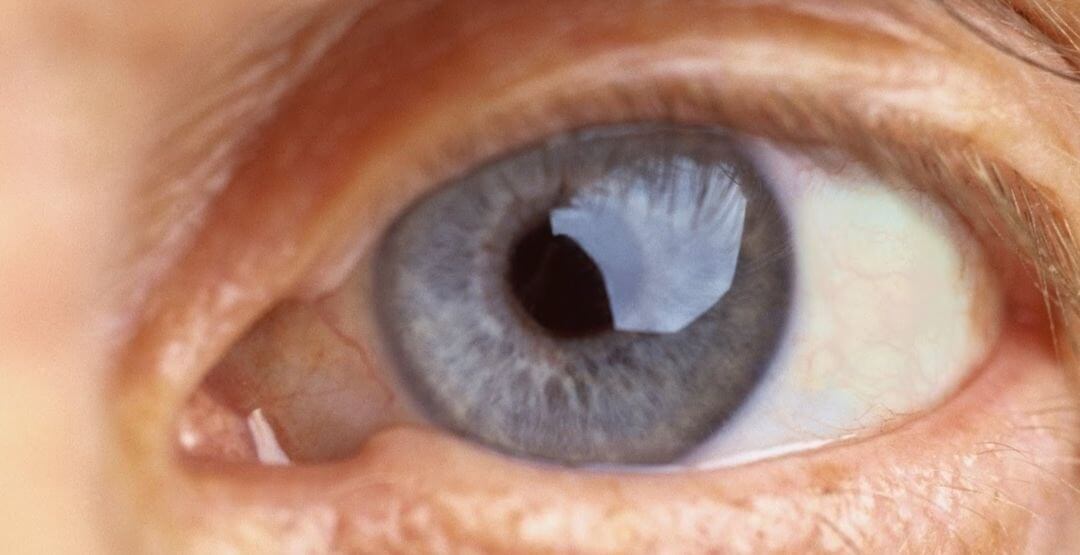Eyes are an open door. Contaminated tears as a possible source of contagion. Conjuntctivitis. Retina alterations. Glaucoma.
From symptoms as conjunctivitis to possible sequelae as retinopathy and glaucoma, diverse studies and reports point to the relation of the new coronavirus and the eyes.
As it is a new disease, we sill do not know for sure how it reaches this organ. Therefore, nowadays, researches serve mainly as an alert.
Now, a new study identified small nodules in the eyes of patients with severe covid-19. The work of the French Radiology Society (SFR) was published in the scientific journal Radiology.
Know more about the research, results and how data is important to better understand and encourage investigation of the possible sequelae of the new coronavirus to the eyes.
Study
From March to May 2020, researchers submitted 129 severe covid-19 patients, 43 women and 86 men, to brain MRI exams. They aimed to detect possible anomalies in the eyes.
Results
Nine patients presented one or more small nodules in the posterior macular area:
- From them, eight had anomalies in both eyes;
- Eight were hospitalized in the ICU;
- Seven remained prone for an extended time;
- Six were obese;
- Two had diabetes;
- Two suffered from hypertension.
The team could not identify the reason for the nodules to appear. However, they raised some hypotheses:
- Virus-caused inflamation;
- Poor blood circulation in the ocular veins in patients intubated in the ICU, such as damage and blockage;
- Small eye hemorrhages;
- Disruption of nerve fibers.
According to scientists, it is the first time there is documentation of this kind of sequelae through MRI.
Next steps
The volunteers remain under monitoring to observe possible changes of the ocular nodules or vision impairment. In addition, new severe patients from the second and third waves are under evaluation.
In fact, the study needs to deepen, in order to prove the formation of nodules in the eyes due to the new coronavirus. However, the study highlights it is important to capture images of the eyes in severe covid-19 cases and follow the patient post-treatment evolution.
Brain MRI, fundoscopy and optical coherence tomography figure as useful exams.
“Our study advocates triage for all patients hospitalized in ICU with severe covid-19. We believe they must receive specific eye protection treatments”, said in a note the main author of the study, Augustin Lecles, associated professor at the University of Paris, and neuroradiologist* of the Department of Neuroradiology of the Adolphe de Rothschild Foundation Hospital in Paris.
Conclusion
In fact, there is still a long way to prove the correlation between coronavirus and the eyes. However, studies are essential to encourage more attention to the eyes of infected patients, by means of exams and monitoring after the cure.
More than that, this research highlights that patients with pre-existing diseases, such as diabetes and hipertension, have a higher risk factor. Therefore, they also must undergo eye investigations.
Learn first-hand information on the main researches about the coronavirus and the eyes. Follow Phelcom’s blog.
Subscribe
 Português
Português  Español
Español  English
English 


